Higher Education as
an Engine for Social Transformation and Economic Impact in Island Nations and States

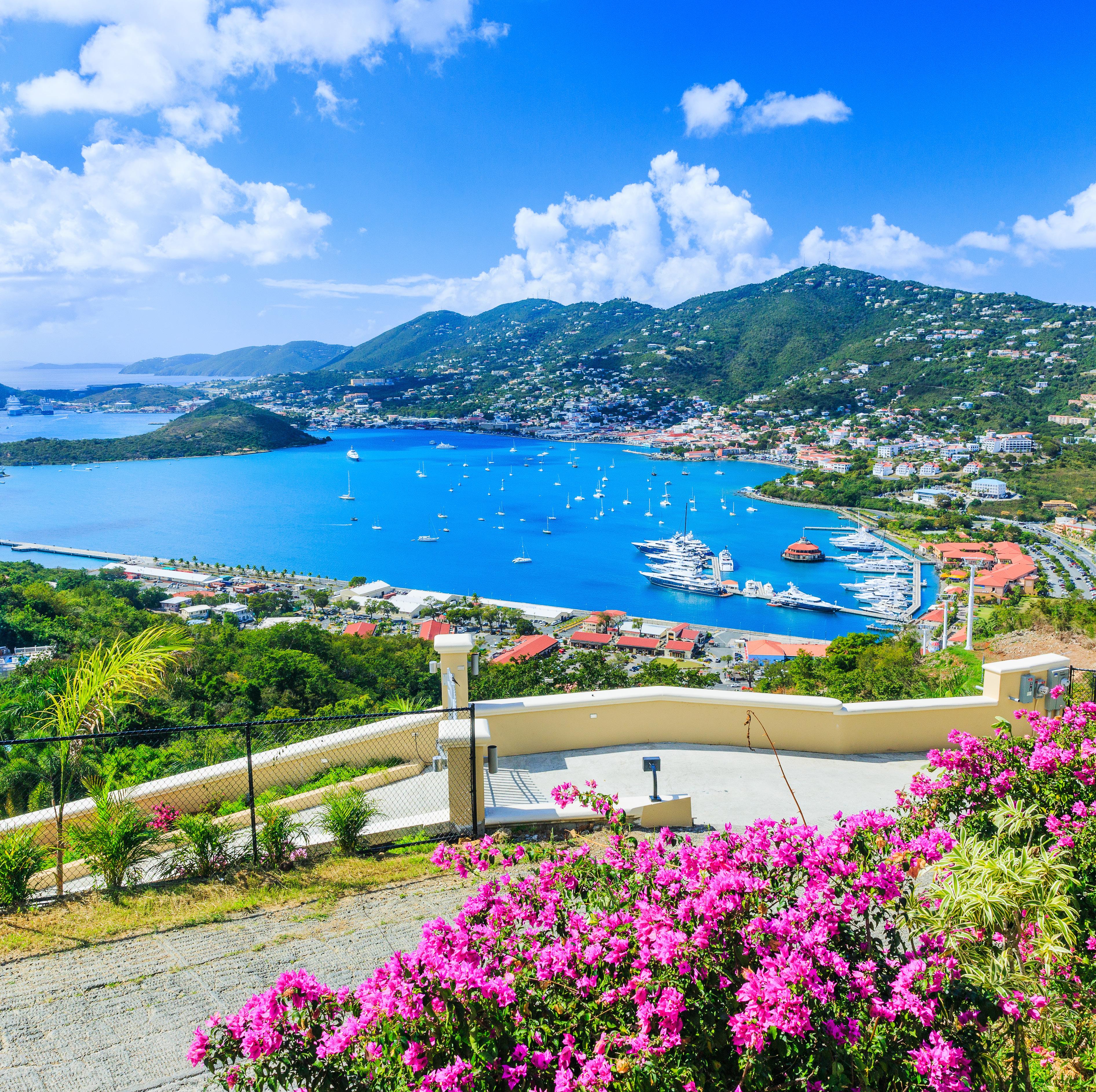
November 2025




November 2025

At the University Design Institute, we believe that universities are at their best when they are powerful engines of social transformation and economic impact. Institutions are major employers for their communities, as well as the largest knowledge center for a particular region. They serve as vital community hubs for education and training, as well as acting as community conveners and cultural preservers, and often providing access to healthcare and other essential resources.
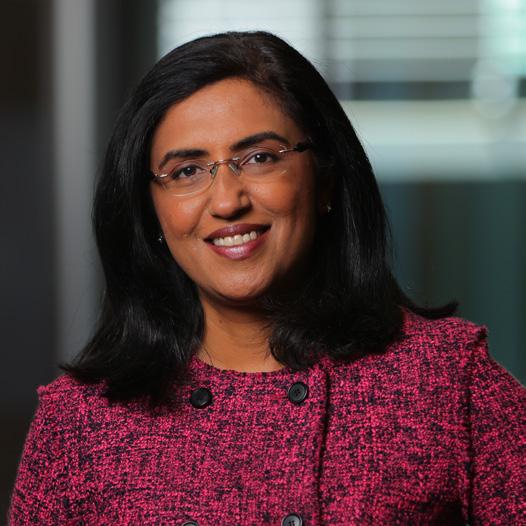
Lisa Foss
Senior Director, U.S. Practice
Lisa is responsible for designing and leading engagements with universities and public higher education systems across the United States. Lisa.Foss.1@asu.edu
Tamara Christensen Facilitator in Residence
Tamara is an Expert-in-Residence and Higher Education Design Facilitator with UDI, where she leads transformation efforts for higher education institutions and systems around the world.
tamara.christensen@asu.edu
All of these are critical touchpoints to the prosperity and vitality of their communities, but it’s in the “how” a university approaches these challenges that turn them into powerful engines. Universities located in island states and nations play an outsized responsibility because of the way they are anchored in these roles, and typically are the only institution and convening center of its kind in the region. There is immense opportunity for island universities to positively generate impact in the social, economic, and cultural health of their communities. This starts with relevant educational offerings such as innovation and entrepreneurship, and community programs. It requires the institution and its leadership (including faculty and staff) to serve as trusted partners to develop solutions that harness local contexts and prioritize collaboration within island regions and with partners around the globe.
This report examines the relationship and opportunities available for island nation universities, as well as their government and community partners, to advance their collective societies and economies in new and innovative ways. Within this report, you will find cross-cutting themes, challenges, and, most importantly, opportunities for universities and their partners to co-design solutions that foster positive, sustainable change.
We hope this report is insightful and thought-provoking. We encourage feedback and commentary on our findings.
Minu Ipe
Vice
Chair and Managing Director
ASU University Design Institute minu.ipe@asu.edu
Maria Toshkova Director, Global Partnerships
Maria is responsible for developing and managing strategic partnerships with universities, governments, donor agencies, and philanthropic organizations. mtoshkov@asu.edu
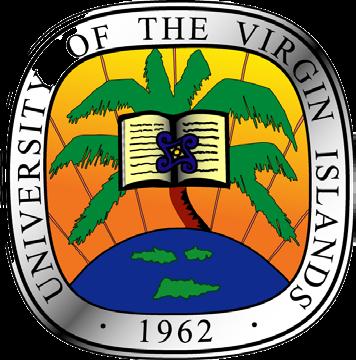
This report was produced in partnership with and through support from the University of the Virgin Islands and its leadership team.
The University of the Virgin Islands (UVI) is a student-centered institution devoted to excellence, innovation, research and making an impact in the U.S. Virgin Islands and globally.
Founded in 1962, UVI is a public, co-ed, landgrant HBCU (Historically Black College and University) in the United States Virgin Islands (USVI). Approximately 1,741 students are enrolled on the two campuses: the Albert A. Sheen Campus on St. Croix and the Orville E. Kean Campus on St. Thomas. The institution offers undergraduate and graduate degree programs across its six colleges and schools.
The future of island states and nations hinges on their ability to harness local resources and innovate in ways that promote sustainable development, economic diversification, and the health of their people. Universities, as centers of knowledge and research, play a pivotal role in this transformation.
On July 25-26, 2025, The University Design Institute (UDI) in partnership with the University of the Virgin Islands (UVI) hosted a national convening in Washington, D.C., to bring together higher education leaders, policymakers, and experts from island nations and states.
The focus of the event was to identify shared challenges of island nations and states and recommendations for how higher education institutions in these contexts can drive economic and social impact. Four thematic areas were the focus of conversations: (1) Economic Diversification, (2) Energy, (3) Blue Economy, and (4) Healthcare Access and Outcomes.
This report captures the highlights and key recommendations developed from the convening, with the goal of providing a framework for strategic discussions between university leaders and their island leaders, partners, and stakeholders on how they can work together to build resilient and sustainable island communities.
• Understanding Island Higher Education. Explore the unique complexities and opportunities for higher education institutions in island nations, states and territories, and identify opportunities to strengthen their role as catalysts for social and economic transformation.
• Economic and Social Impact. Facilitate ideation sessions on how higher education institutions in island states can strengthen economic resilience, advance sustainability, modernize energy and food systems, and improve health outcomes.
• Collaboration and Knowledge Exchange. Develop strategic frameworks for partnerships that enable institutions across island nations to address common challenges and leverage shared opportunities.
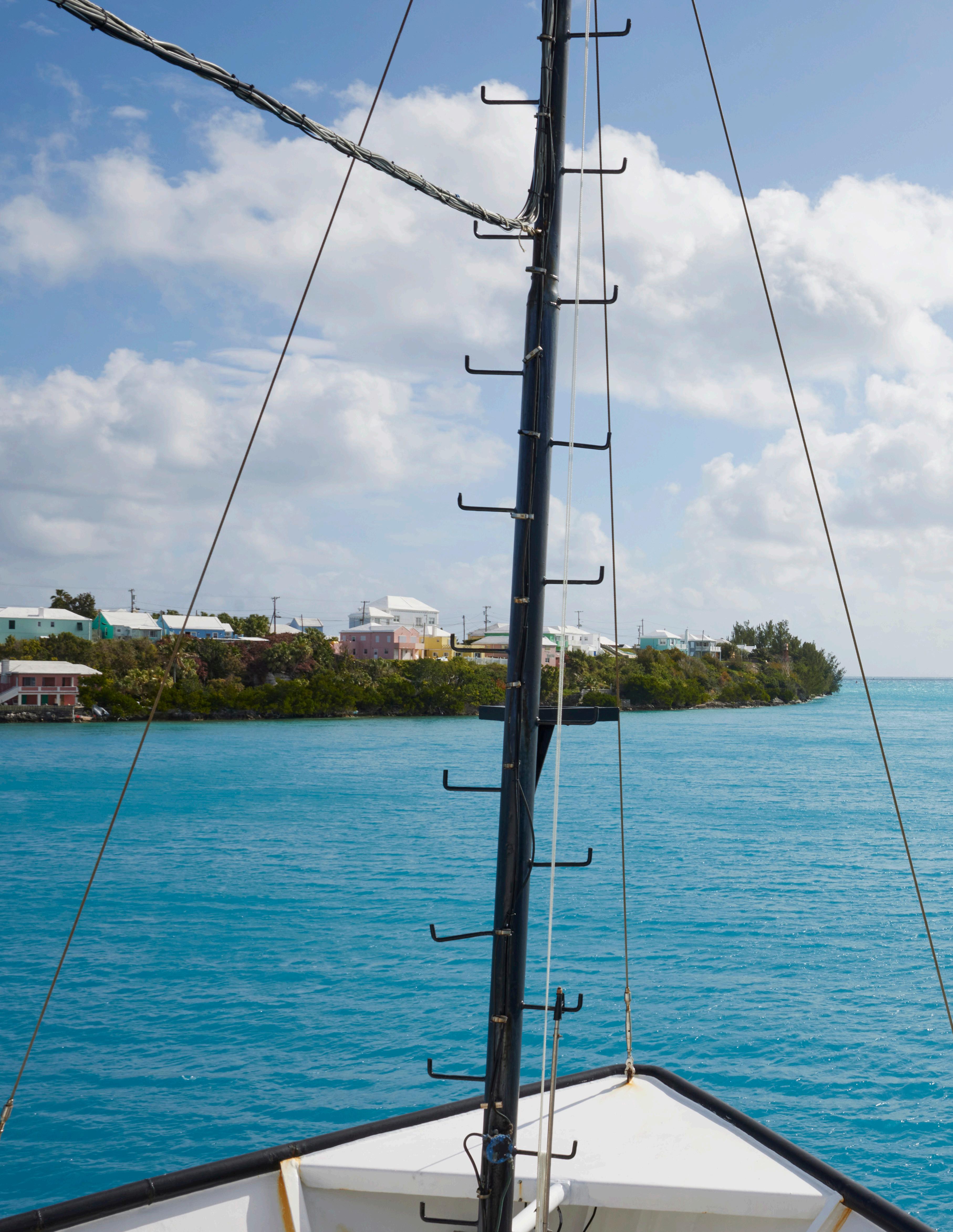
This report provides insights into how universities can advance island resilience through the lens of economic diversification, energy, blue economy and healthcare access and outcomes.
Each focus area has unique challenges and opportunities that are specific to island nations and states.
These are a set of cross-cutting themes that align across the four focus areas and provide design options for universities to consider as they build their capacity to serve as a strategic partner to advance economic and social impact in their island communities.
Position the university as a center for excellence in sustainable practices and innovation, leveraging local resources and strengths to foster economic diversification and resilience that are unique to the region.
Develop an adaptive educational framework that aligns closely with the needs of island communities, industries, and government, ensuring that graduates are equipped with relevant skills for jobs in the region.
Foster Partnerships for Collective Impact
Build collaborative networks with local businesses, government entities, and educational institutions to create a robust support system and enhance resource availability and infrastructure.
1 2 3 4 5 6 7
Prioritize Interdisciplinary Collaboration
Promote partnerships and collaboration across various fields and institutions to address complex challenges facing island communities through diverse perspectives and expertise.
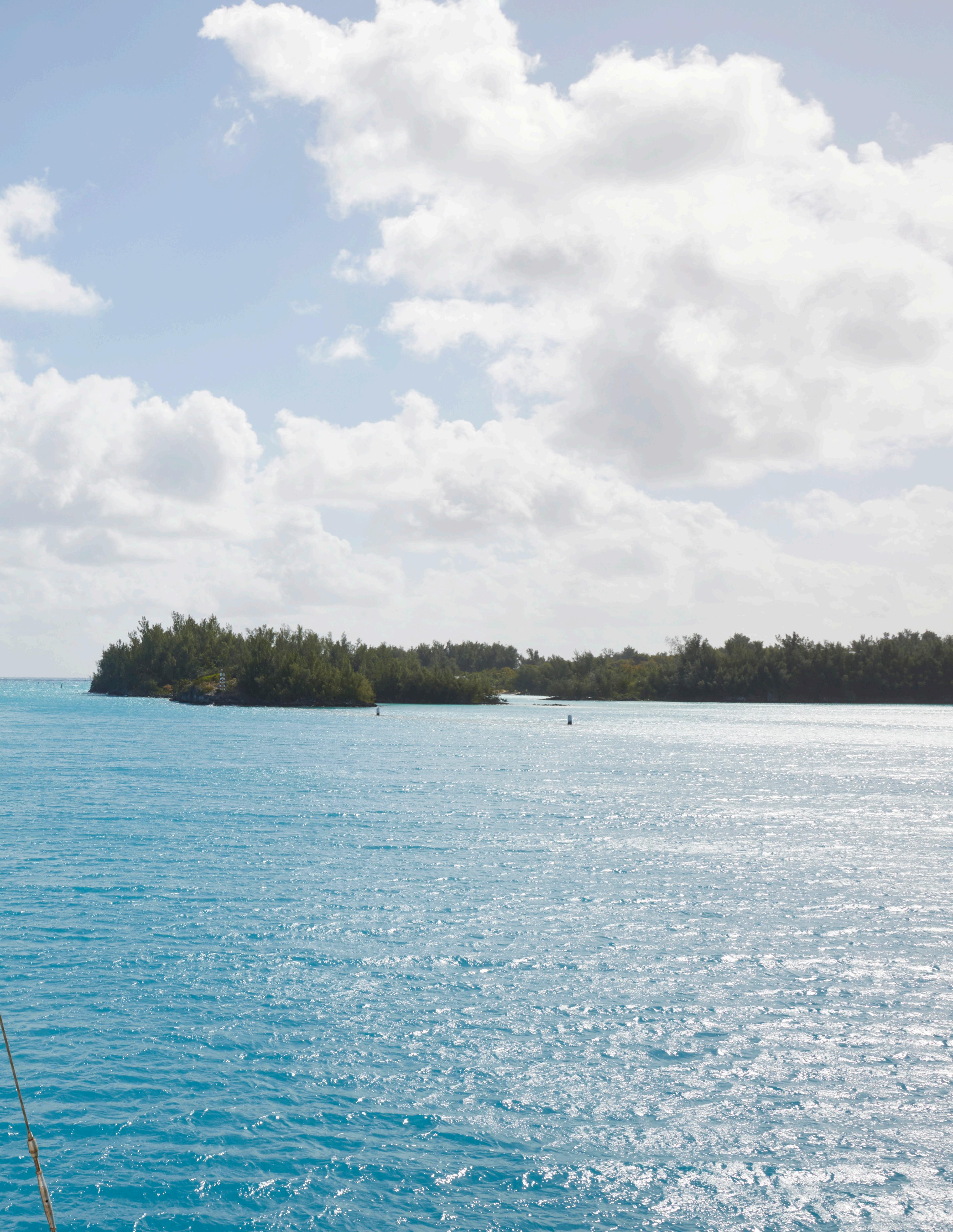
Prioritize active involvement of island native populations in decision-making processes, research, and initiatives to address specific needs and foster ownership of projects.
Integrate local island culture, traditional knowledge, and diverse perspectives into educational programs and community initiatives to foster inclusivity and respect for local heritage.
Be a Trusted Convener and Partner
Engage stakeholders in thoughtful discussions about the needs of their regions and engage in research that informs policy decisions, promotes best practices, and addresses systemic issues impacting island communities.
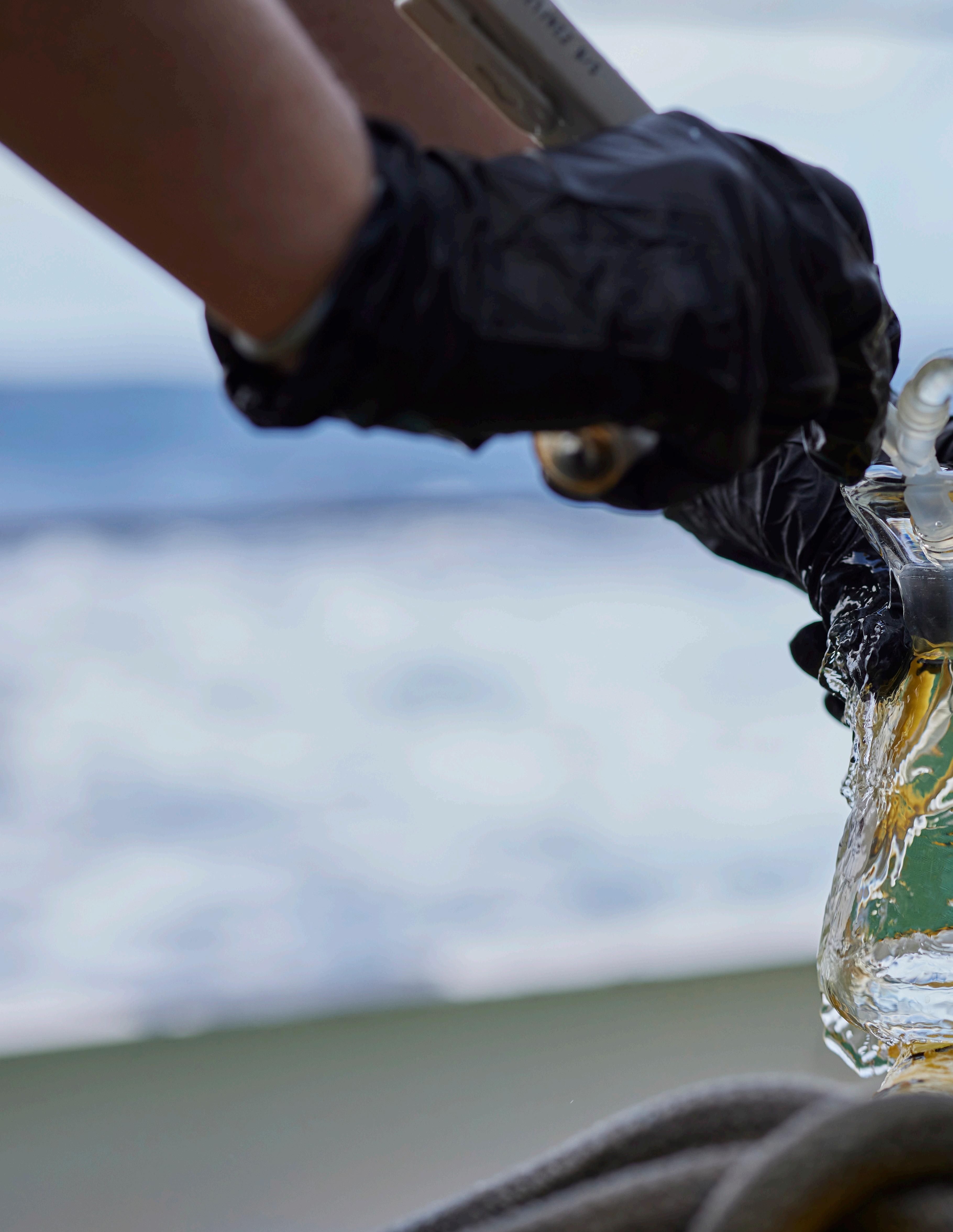
Universities should be hubs of sustainable innovation and education, leveraging local resources to foster economic diversification and resilience, cultivating a responsive educational ecosystem aligned with community and industry needs, and building collaborative partnerships that enhance workforce development and entrepreneurship for collective impact. By focusing on these areas, universities can play a transformative role in enhancing workforce development, fostering entrepreneurship, and diversifying economies in island communities while respecting and preserving their unique cultures and environments.
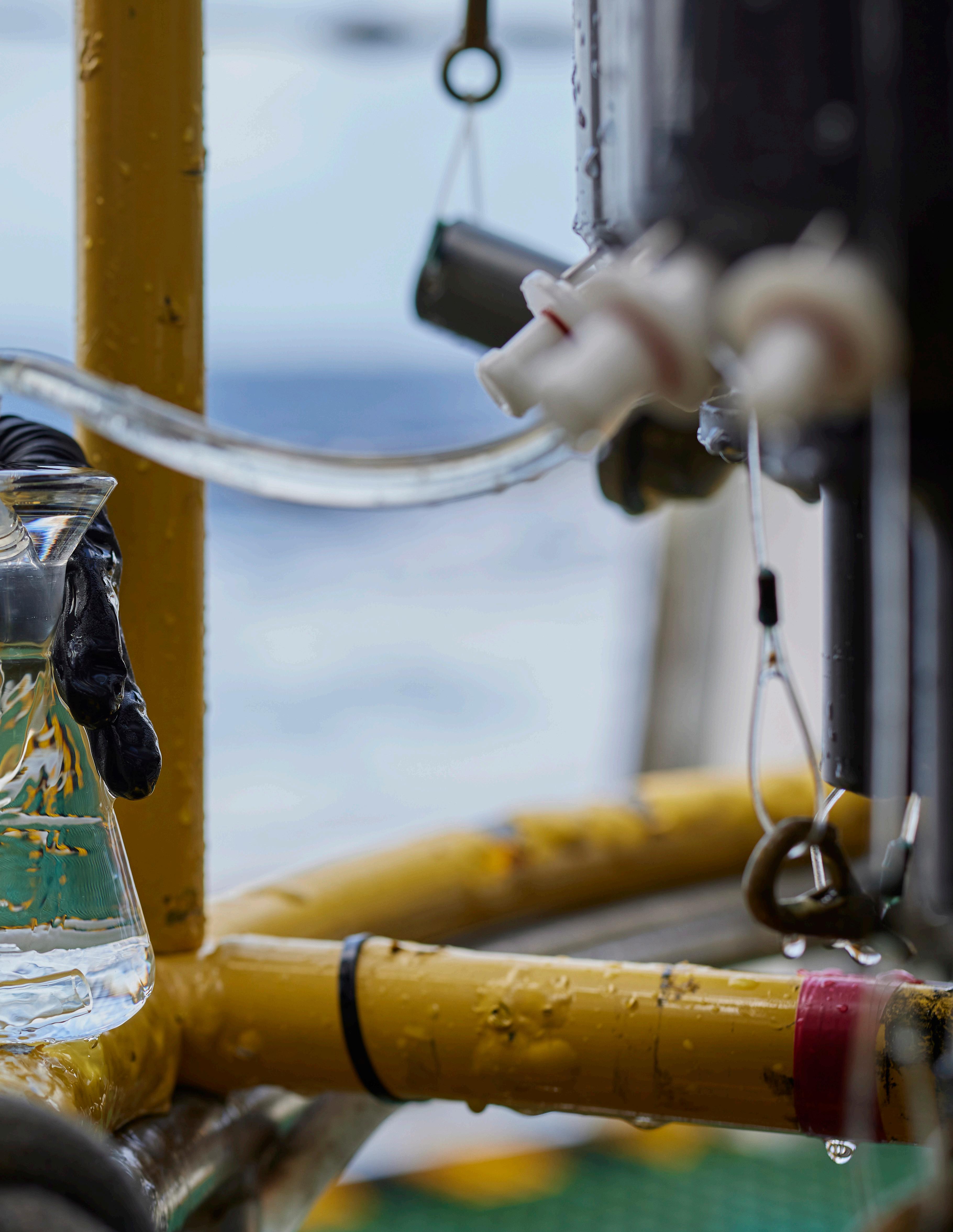
What are the unique challenges facing island nations and states as they work to diversify their economies and develop sustainable growth?
Limited Workforce Opportunities
Brain Drain: Many skilled professionals leave island nations for better job opportunities elsewhere, leading to a depletion of local talent and expertise.
Skills Mismatch: There can be a disconnect between the skills taught in educational institutions and the needs of local industries, resulting in a workforce that is not adequately prepared for available jobs.
Limited Access to Training Programs: Opportunities for vocational training and professional development may be scarce, hindering workforce readiness and career advancement.
Vulnerability to External Shocks: Many island economies rely heavily on a limited number of sectors, such as tourism or agriculture, making them susceptible to economic downturns, natural disasters, and global market fluctuations.
Lack of Diversification: There may be insufficient support for developing new industries or sectors, limiting opportunities for entrepreneurship and economic growth.
High Transportation Costs: The logistical challenges associated with transporting goods and services can raise costs for businesses, making it difficult for local entrepreneurs to compete with larger, international companies. The high cost of travel and limited flight availability present significant barriers to connectivity and collaboration.
Limited Market Size: Small populations often mean limited domestic markets, which can deter investment and entrepreneurship due to the lack of scale.
Environmental Vulnerabilities
Climate Change Impacts: Island nations are often on the front lines of climate change, facing rising sea levels, extreme weather events, and other environmental challenges that can disrupt local economies and workforce stability.
Resource Depletion: Over-reliance on natural resources can lead to depletion, affecting long-term sustainability and the ability to diversify the economy.
Risk Aversion: In some island cultures, there may be a preference for stable, traditional employment over entrepreneurial ventures, leading to a lack of interest in starting new businesses.
Stigma Around Failure: Fear of failure can deter potential entrepreneurs from pursuing their ideas, resulting in fewer new businesses being established.
Build academic programs and research agendas that connect the university’s academic strengths with unique local characteristics for economic advantage.
Form regional clusters around key industries, like renewable energy or tourism, to foster collaboration and innovation.
Create innovation centers that focus on local economic challenges, such as climate resilience in tourism and agriculture, and provide access to university resources to support startups and small businesses.
Position the university as a leader in research relevant to local industries, translating findings into actionable insights for businesses and policymakers.
Create incubators and mentorship programs that support students in launching their own businesses and developing innovative solutions.
Engage in collaborative funding initiatives to support entrepreneurial ventures that align with community goals and economic diversification efforts.
Expand programs offering green skills training, such as those in solar technology, eco-tourism and environmental management, to meet the growing demand for sustainability-focused careers.
Embed green skills training throughout all programs, focusing on sustainability in agriculture, tourism, and energy sectors.
Establish partnerships for certifications and training in green technologies that can be integrated into existing degree programs.
Strengthen marine science and coastal resilience programming by embedding sustainability principles into curricula related to ocean conservation, fisheries management, and climate adaptation, preparing students to address the unique challenges facing island and coastal communities.
Establish think tanks or advisory councils that include university faculty, local business leaders, and government representatives to collaboratively address economic challenges and develop actionable strategies.
Prioritize listening to community needs through regular consultations and stakeholder engagement sessions to build trust and ensure that initiatives reflect local needs and aspirations.
Develop programs that directly address local challenges, ensuring that the university’s contributions are relevant and beneficial.
Promote online learning and micro-credentialing programs that allow students and professionals to upskill flexibly, addressing the diverse needs of the community.
Establish a dedicated center focused on workforce development that collaborates with local industries to identify skills gaps and training needs.
Build flexible programs that allow students to earn skills credentials alongside traditional degrees.
Create executive education offerings to meet the needs of mid-career professionals, senior leaders and industry executives.
Create clear pathways from K-12 education to vocational training and higher education, creating a continuum that supports students from junior high through university that prepares them for local workforce needs.
Develop structured internships and co-op programs with local businesses to ensure students gain practical experience while addressing industry demands and connects students with local employers.
Implement action learning and “think and do” initiatives that emphasize real-world applications and entrepreneurial skills.
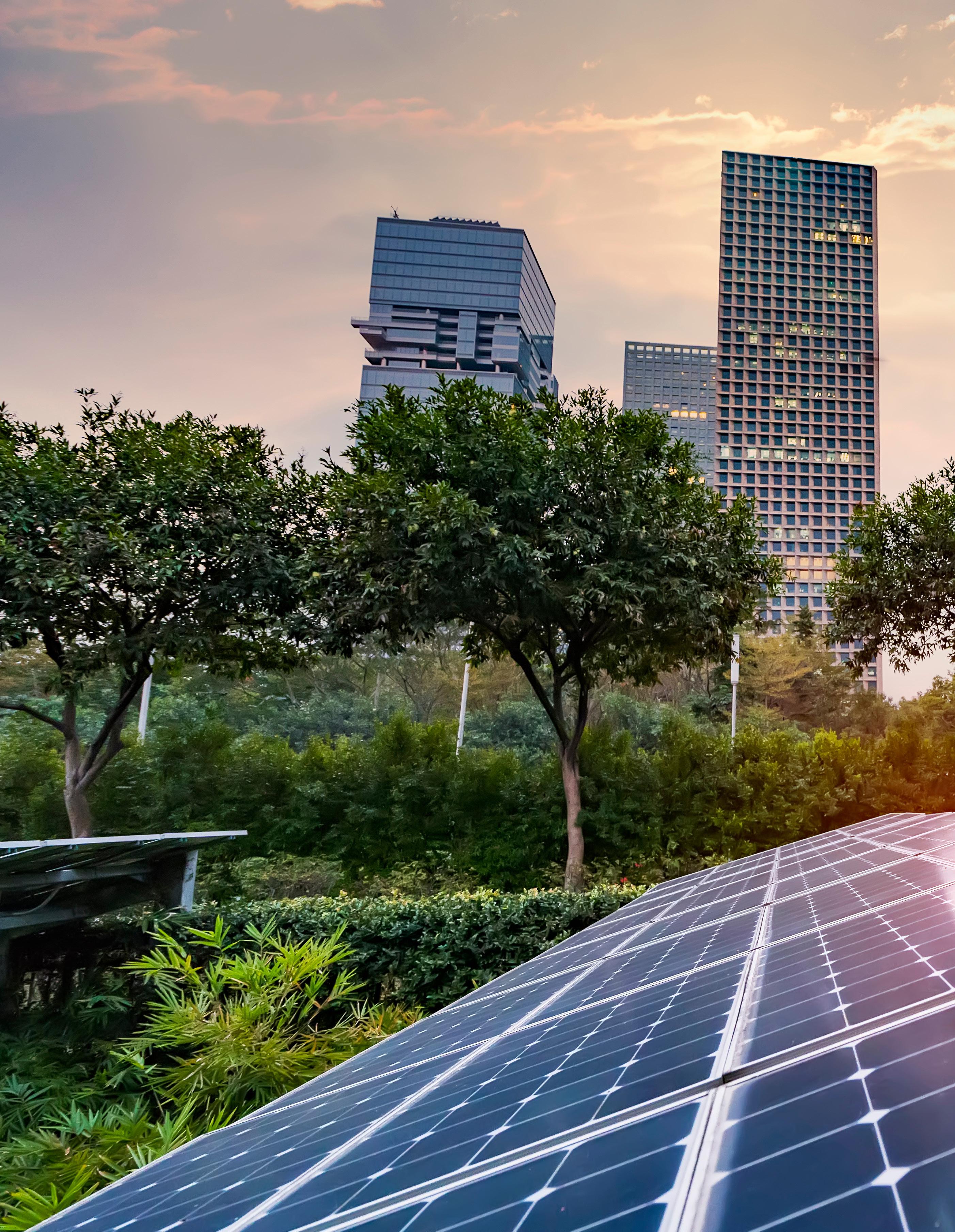
Universities should be active partners in advancing innovative energy strategies that enhance resilience, promote sustainability, and foster community engagement. This will require developing a skilled workforce and cultivating partnerships that leverage local resources and expertise. By pursuing these opportunities, universities can play a pivotal role in addressing energy challenges in island environments, fostering innovation, and promoting sustainable energy practices that enhance community resilience and equity.
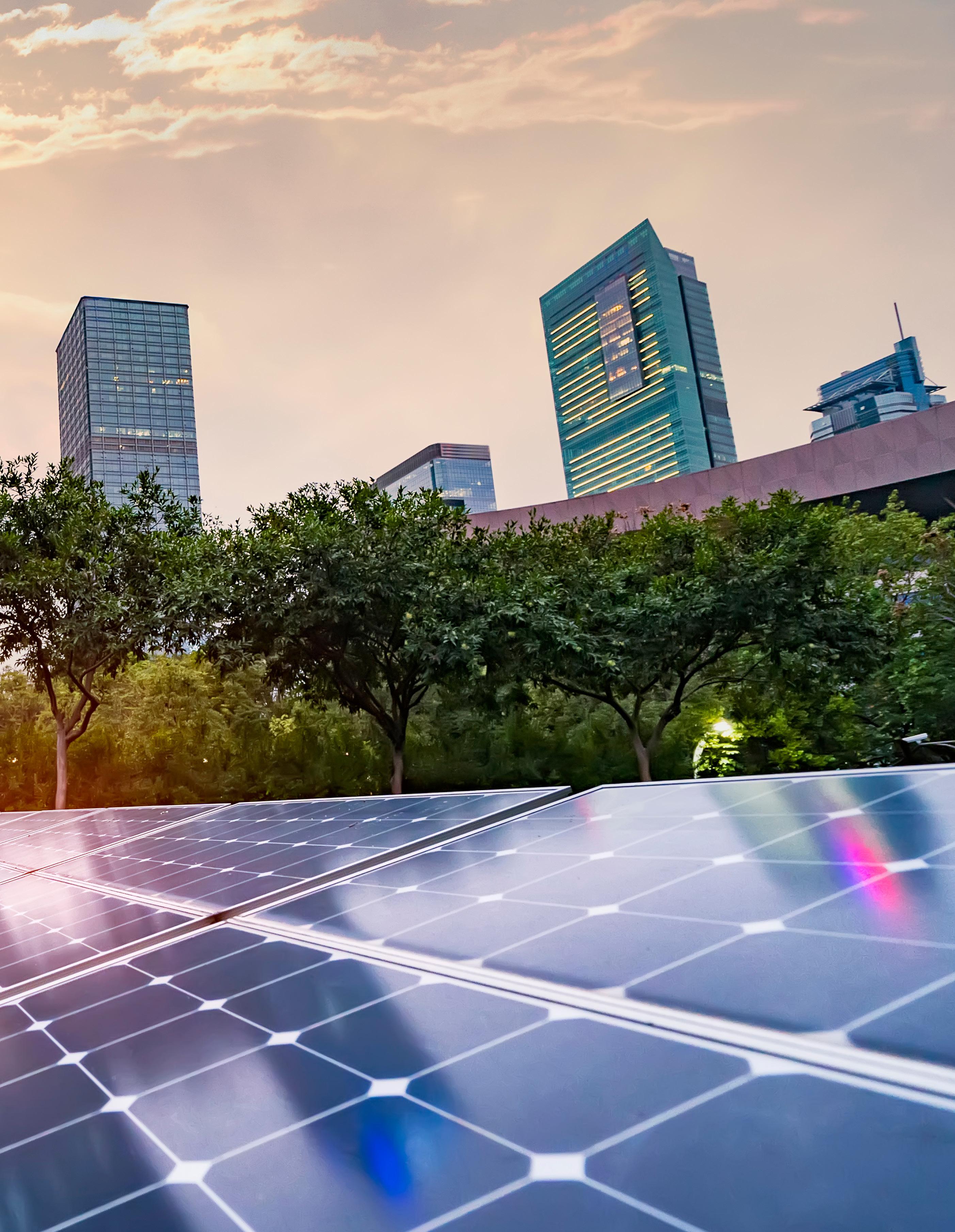
What are the challenges facing island nations and states in developing innovative energy solutions that are particularly suited to their unique environments?
Inadequate Grid Systems: Many islands have underdeveloped or poorly maintained energy infrastructure, resulting in unreliable electricity supply and limited access to energy for remote communities.
High Installation Costs: Building and maintaining energy infrastructure in isolated locations can be prohibitively expensive, particularly for renewable energy systems.
Reliance on Imported Fuels: Many island nations rely heavily on imported fossil fuels for their energy needs, making them vulnerable to price fluctuations and supply disruptions.
Isolation and Fragmentation: The geographical isolation of islands complicates the integration of energy systems and can lead to inefficiencies in energy distribution and management.
Vulnerability to Natural Disasters: Islands are prone to extreme weather events, such as hurricanes and tropical storms, which can damage energy infrastructure and disrupt supply.
Ecosystem Impacts: The development of renewable energy projects must be balanced with environmental conservation efforts, as islands often have fragile ecosystems that could be disrupted by large-scale energy installations.
Small Scale of Projects: The limited size of island markets can make it challenging to achieve economies of scale in renewable energy projects, resulting in higher costs.
Lack of Comprehensive Energy Policies: Inadequate regulatory frameworks may hinder the development of renewable energy projects, with unclear policies or slow permitting processes creating uncertainty for investors.
Limited Government Support: Without strong government initiatives or incentives to promote renewable energy, it can be difficult for innovative solutions to gain traction.
Shortage of Skilled Workforce: There may be a lack of trained professionals with the expertise needed to develop, install, and maintain renewable energy systems, limiting the growth of the sector.
Knowledge Transfer Challenges: Difficulty in accessing technology and expertise from larger markets can hinder innovation and slow the adoption of new energy solutions.
How can universities anchor the development of innovative energy solutions that address the unique needs of their regions?
Evaluate existing energy policies and their effectiveness, identifying gaps and areas for improvement, to inform the development of a robust, long-term energy plans.
Develop research initiatives focused on energy resilience specific to island environments, addressing issues such as climate change impacts and natural disasters on energy infrastructure.
Invest in research focused on innovative energy solutions tailored to island environments, including distributed solar systems, bioenergy, and waste management initiatives to inform policy recommendations and community practices.
Establish a dedicated university center or institute focused on energy innovation and policy that can serve as a hub for research, training, and community engagement in renewable energy technologies.
Expand technical training programs in collaboration with regional partners and universities, focusing on renewable energy technologies, electric vehicles, and energy efficiency.
Offer micro-credential programs and short courses tailored to the needs of the local workforce, focusing on skills relevant to energy solutions, such as solar installation, mechanical repair, and energy management, ensuring that residents have the necessary skills to participate in the evolving energy landscape.
Expand collaborations with local businesses, regional corporations, global industry leaders, and international institutions to create pathways for knowledge exchange, advanced training opportunities, and access to broader employment markets in the global green economy.
Partner with local K-12 schools to develop programs that inspire interest in energy careers from a young age.
Launch community education and outreach initiatives that promote energy literacy, helping residents understand energy systems, conservation practices, and the importance of sustainability.
Integrate energy-related curriculum into K-12 education through STEAM academies, focusing on hands-on learning and early exposure to energy issues.
Develop mobile training units or labs that can travel to remote areas, providing hands-on training in renewable energy technologies and practices.
Conduct workshops, host town hall-like gatherings, and foster community engagement with local leaders and stakeholders to discuss practical energy solutions.
Develop an “Island Resilience Campaign” to engage the community in discussions about energy challenges, recovery strategies, and sustainable practices, inviting input and collaboration on solutions.
Serve as a Hub for Collaborative Networks and Public-Private Partnerships
Convene local networks or councils that connect energy providers, researchers, community leaders, funders and policymakers to facilitate knowledge sharing and collaborative problem-solving.
Lead or participate in regional energy conferences and forums to learn from and contribute to research and broader discussions on energy solutions across island contexts and to advocate for sustainable practices and policies that benefit island communities.
Collaborate with other universities and institutions globally to share best practices and seek funding opportunities for energy research and development projects.
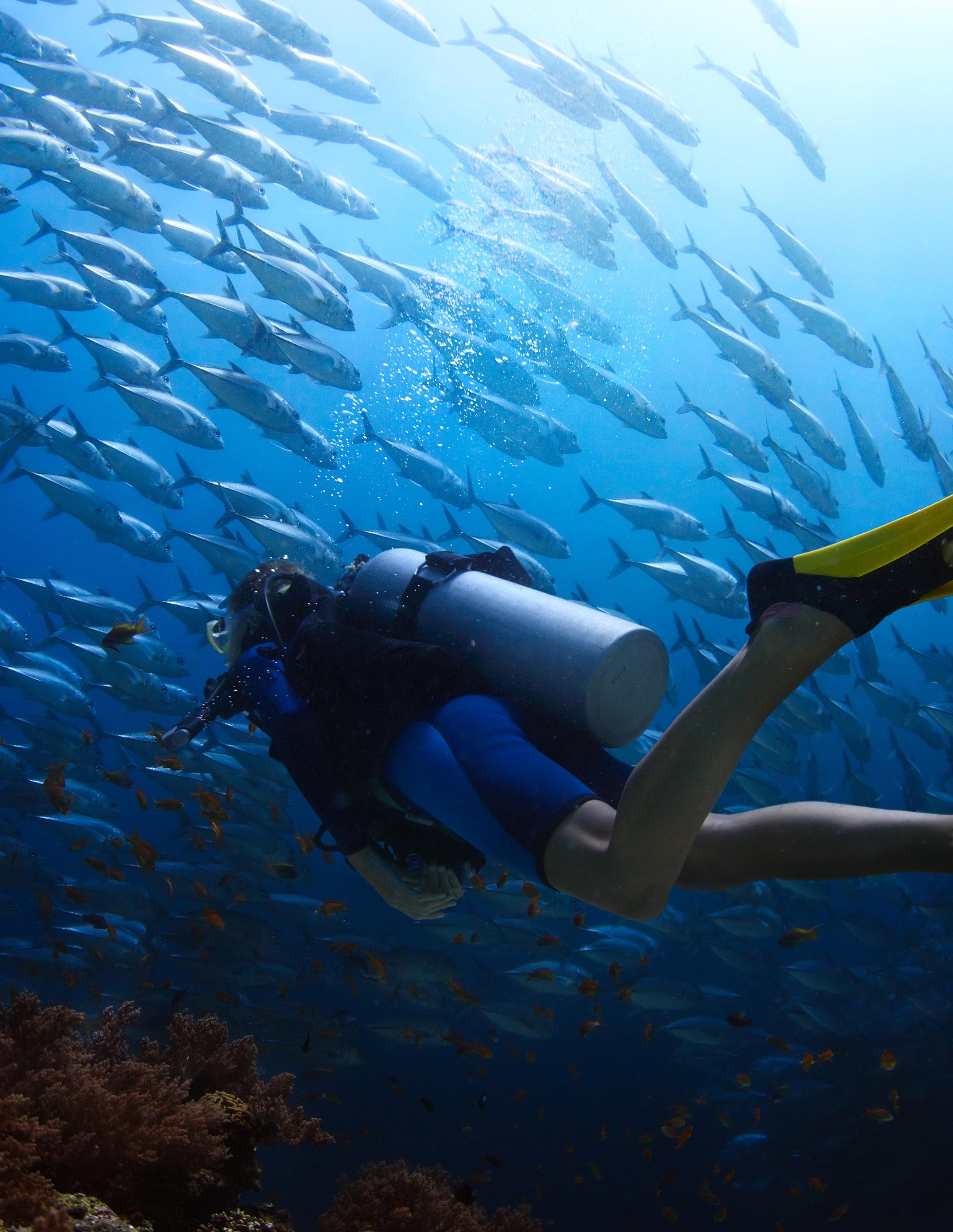
Universities should serve as leading institutions in ocean research, education, and community engagement who are committed to fostering sustainable development and promoting resilience and stewardship among coastal and island communities. By pursuing these opportunities, universities can significantly advance the Blue Economy in island states and nations, contributing to sustainable development and economic resilience. This multifaceted approach will enhance local capacities, promote community engagement, and ensure that the benefits of marine resources are shared equitably.
What are the challenges facing island nations and states in advancing the Blue Economy as a pathway to sustainable development and economic resilience?
Limited Resources and Capacity
Financial Constraints: Many island nations operate with limited budgets, making it challenging to invest in Blue Economy initiatives, infrastructure, and research necessary for sustainable development.
Human Resource Shortages: There may be a lack of skilled professionals in areas critical to the Blue Economy, such as marine science, sustainable fisheries, and coastal management, hindering effective implementation of initiatives.
Over-reliance on Tourism and Fisheries: Many islands heavily depend on tourism and fishing, which can lead to overexploitation of marine resources and environmental degradation.
Vulnerability to External Shocks: The Blue Economy can be significantly impacted by external factors such as global market fluctuations, climate change, and natural disasters, which can disrupt tourism and fisheries.
Environmental Degradation and Climate Change
Impacts of Climate Change: Rising sea levels, ocean acidification, and increased storm intensity threaten marine ecosystems and coastal communities, complicating efforts to develop a sustainable Blue Economy.
Biodiversity Loss: Overfishing, pollution, and habitat destruction can lead to the loss of marine biodiversity, undermining the sustainability of fisheries and other marine resources.
and
Lack of Comprehensive Data: Limited availability of data on marine resources, ecosystems, and economic potential can hinder effective decision-making and planning for Blue Economy initiatives.
Knowledge Transfer Challenges: Difficulty in accessing and utilizing scientific knowledge and best practices can slow the adoption of innovative solutions that support sustainable development.
Economic Inequality: Disparities in wealth and access to resources can create unequal opportunities for participation in the Blue Economy, potentially exacerbating social tensions.
Marginalized Communities: Indigenous and marginalized communities may not fully benefit from Blue Economy initiatives, leading to exclusion and further entrenchment of inequalities.
Community Engagement: Ensuring local communities are actively involved in Blue Economy initiatives is crucial, but it can be challenging to engage diverse stakeholders and address their concerns and needs.
How can universities expand capacity for island nations to benefit from a thriving Blue Economy ?
Integrate marine science, ocean literacy, and traditional ecological knowledge into K-12 and university curricula to foster a deeper understanding of ocean ecosystems and their importance to local communities.
Implement experiential learning programs, such as internships and field studies, that allow students to engage directly with marine environments, promoting stewardship and practical skills.
Design and implement interdisciplinary Blue Economy programs that integrate marine science, policy, economics, and traditional knowledge, ensuring students gain a holistic understanding of ocean systems.
Integrate ocean literacy components into all degree programs to cultivate awareness and responsibility regarding marine environments among all students.
Develop specialized training programs in marine technology, aquaculture, and sustainable fisheries management to prepare students for careers in the Blue Economy.
Create partnerships with local businesses and organizations to offer apprenticeships that provide students with hands-on experience in marine-related fields.
Implement vocational training and certification programs aligned with industry needs, focusing on skills relevant to the Blue Economy, such as sustainable fishing practices, marine tourism, and environmental management.
Collaborate with local businesses and organizations to co-design curricula that prepare students for careers in the Blue Economy and ensure workforce readiness.
Introduce training and certification programs in recreational boating and marine services, including vessel operation, safety, maintenance, and marina management, to build a skilled workforce that supports the region’s marine tourism and charter industries.
Organize workshops that educate local communities about the Blue Economy, emphasizing the importance of sustainable practices and encouraging community involvement in marine conservation.
Utilize storytelling and local narratives to engage the community in ocean stewardship, highlighting the cultural significance of marine resources and traditional practices.
Develop Citizen Science Programs that engage students and community members in marine research, allowing them to contribute to data collection and analysis while learning about ocean health and sustainability.
Incorporate traditional knowledge and cultural practices related to the ocean into curricula and programs, fostering a sense of belonging and stewardship among students and residents.
Provide training and resources for local entrepreneurs interested in ocean-related businesses, fostering innovation and economic resilience in the Blue Economy.
How can universities expand capacity for island nations to benefit from a thriving Blue Economy ?
Foster research collaborations that bring together experts from various fields (e.g., marine biology, economics, social sciences) to address complex Blue Economy challenges and develop sustainable solutions.
Actively involve Caribbean diaspora scientists in research efforts, leveraging their expertise and networks to enhance local capacity and knowledge in the Blue Economy.
Establish dedicated Blue Economy centers or labs that serve as hubs for research, innovation, and community engagement, focusing on sustainable practices in fisheries, aquaculture, tourism, and marine conservation.
Build partnerships with universities and research institutions across the Caribbean and Latin America to share knowledge, resources, and best practices related to the Blue Economy.
Facilitate student exchanges and collaborative projects between island nations to promote cross-cultural learning and strengthen regional ties.
Foster partnerships with other Caribbean universities and institutions to facilitate inter-regional exchanges and collaborative research efforts focused on shared oceanic challenges.
Connect with scholars and experts from the islands to leverage their knowledge and ensure that local perspectives are integrated into research and educational initiatives.
Establish a dedicated policy center focused on Blue Economy issues, providing research-based recommendations to local governments and advocating for sustainable practices.
Engage in science diplomacy efforts to facilitate discussions on marine and ocean policies that connect regional stakeholders, helping to bridge gaps between policy and practice.
Engage in policy advocacy to promote sustainable marine practices, environmental protection, and community engagement in Blue Economy initiatives, ensuring that local voices are heard in policy discussions.

Universities must be leaders and strategic partners in fostering public health equity, advancing innovative healthcare research, and enhancing community health initiatives through collaborative, technology-driven, and culturally sensitive approaches. Collaboration among governments, healthcare providers, educational institutions, and local communities is essential to create effective public health initiatives and reduce health disparities in island contexts.
Limited Healthcare Resources
Shortage of Healthcare Professionals: Many islands experience a shortage of trained healthcare workers, such as doctors, nurses, and specialists, which can lead to inadequate care and increased health disparities.
Insufficient Funding: Limited financial resources can restrict the ability to invest in healthcare infrastructure, preventive services, and community health programs.
Geographical Isolation
Access to Care: The physical isolation of island communities can create barriers to accessing healthcare services, particularly for remote or underserved populations, leading to delayed treatment and poorer health outcomes.
Transportation Challenges: Difficulties in transportation can hinder the movement of patients to healthcare facilities and the delivery of medical supplies and services.
Health Disparities and Inequities
Limited access to health insurance coverage, coupled with reliance on government-provided social programs, creates significant barriers for individuals with financial challenges and prevent timely access to care, exacerbate health disparities, and leave vulnerable populations without consistent or comprehensive medical support.
Cultural Barriers: Stigma surrounding certain health issues, particularly mental health, can prevent individuals from seeking care and contribute to disparities in health services and limit impact of local communities in health initiatives.
Environmental and Public Health Challenges
Vulnerability to Climate Change: Islands are often disproportionately affected by climate change, with increasing threats from rising sea levels, extreme weather events, and vector-borne diseases, which can exacerbate public health challenges.
Limited Infrastructure: Inadequate infrastructure for clean water, sanitation, and waste management can contribute to health issues, including infectious diseases and environmental health hazards.
Public Perceptions and Understanding
Health Literacy: Limited health literacy among populations can hinder individuals’ ability to understand health information, navigate healthcare systems, and make informed decisions about their health.
Lifestyle and Cultural Norms: Diet, exercise habits, and perceived cultural norms significantly influence health outcomes and can further exacerbate disparities, underscoring the need for culturally sensitive health promotion initiatives.
Create pathways for training and retaining healthcare professionals within island communities, ensuring that educational programs align with local workforce needs and provide practical, hands-on experiences.
Develop training programs that encourage collaboration among various healthcare professionals, including nurses, social workers, and mental health practitioners, to foster a holistic approach to patient care.
Use simulation-based training to prepare students for real-world scenarios that require teamwork and culturally responsive integrative care, enhancing their ability to work in interprofessional teams with sensitivity to the diverse cultural and social contexts of Caribbean communities.
Promote models of care that integrate traditional healing practices with modern healthcare services, ensuring that diverse health perspectives are respected and utilized
Conduct research that specifically addresses the unique public health challenges faced by island communities, such as chronic diseases and waterborne illnesses, to inform targeted interventions.
Partner with other universities and local organizations to create a consortium that focuses on public health research relevant to island populations, sharing data and resources for greater impact.
Actively involve community leaders and stakeholders in the development and implementation of health programs, ensuring that solutions are culturally relevant and address local needs.
Engage communities in co-creating research initiatives that focus on public health disparities, ensuring that their voices and experiences inform research outcomes.
Strengthen research programs that not only address chronic conditions but also explore the relationship between weather and climate factors and public health disparities.
Develop training programs that prepare health workers to respond effectively to emergencies, including natural disasters, and address the mental health impacts of such events on healthcare providers.
Implement community-based programs that focus on building resilience and preparedness for public health emergencies, engaging local populations in planning and response efforts.
Embed mental health education into all relevant programs, ensuring that students across disciplines understand its importance and can recognize its impact on overall health.
Launch community campaigns that promote mental health awareness and education, utilizing platforms like social media to disseminate information and combat misinformation.
Address the stigma surrounding mental health by normalizing conversations and integrating mental wellness into both educational curricula and community-based initiatives, expanding peer-support programs, and creating safe spaces for dialogue that reflect cultural sensitivity.
Develop specialized training programs for healthcare professionals focused on the needs of the aging population, ensuring they are equipped to provide appropriate care and support.
Create community initiatives that engage older adults in health promotion activities, encouraging active participation in their health management.
Leverage the growing needs of the aging population as an opportunity to expand academic programs, research, and partnerships in gerontology, healthcare, and social services.
Prepare a workforce ready to support the utilization of digital health tools and mobile applications that provide evidencebased health information and combat misinformation, potentially using AI to assess the validity of health resources.
Offer continuing education programs for current healthcare professionals focused on integrating technology into their practice, ensuring they are equipped to navigate evolving healthcare landscapes.
Expand digital health infrastructure with a focus on telemedicine and remote monitoring tools that improve access to care across geographically isolated communities, including investments in broadband connectivity, secure health data platforms, and training for healthcare providers to deliver care virtually.
Wayne Archibald, Green Solutions International
Neil Calfee, Knowledge Enterprise, Arizona State University
Gary Dirks, LightWorks, Arizona State University
Tania Dmytraczenko, World Bank
Randy Durband, Global Sustainable Tourism Council
Una Dyer, University of the Virgin Islands
Peter Edwards, Pew Charitable Trusts
Safiya George, President, University of the Virgin Islands
Sharlene Harris, University of the Virgin Islands
Minu Ipe, University Design Institute, Arizona State University
Sana Joseph-Smith, Office of the Governor, US Virgin Islands
Cynthia Long, United States Department of Agriculture Emeritus
Brian MacCraith, Office of University Affairs, Arizona State University
Roberta Martin, School of Ocean Futures, Arizona State University
Sandra Mayol-Kreiser, College of Health Solutions, Arizona State University
Paloma Mohamed Martin, President, University of Guyana
Michael Morsberger, University of the Virgin Islands
Rick Nader, University of the Virgin Islands
Claire A. Nelson, Institute of Caribbean Studies
Benjamin Puertas, Pan American Health Organization
Jack Ricchiuto, University of the Virgin Islands
Universities must be engines for social transformation and economic progress. This belief is the driving force behind the creation of the University Design Institute.
In an era marked by rapid workforce shifts, technological disruptions, political uncertainty, environmental crises, and deepening social divides, higher education holds a unique and urgent responsibility: to empower communities and societies to adapt, thrive, and lead.
The University Design Institute is committed to accelerating the evolution of higher education—both by transforming existing models and pioneering new ones—to empower millions of learners and the societies they shape. We partner with institutions and systems around the world to help them reimagine, redesign, and rebuild higher education in ways that enhance student success, workforce alignment, and community impact.
Our work equips leaders with the tools, frameworks and strategies necessary to design the future of education. Through collaborative problem-solving, capacity-building initiatives, and hands-on support, we help institutions and systems move from recognizing challenges to implementing meaningful, innovative, and scalable solutions.
Our approach is deeply practical and globally informed. We have worked with more than 140 institutions across 26 countries, focusing on regions with strong commitments to education reform and economic development. Co-design is at the heart of everything we do. Through a dynamic global network of experts and strategic partnerships with policymakers, funders, and organizations driving change, we bridge the gap between vision and action. By integrating design approaches into our engagements, we help universities become more adaptive, innovative, and responsive to societal needs.
We understand universities, because we are one. Anchored at Arizona State University—a living laboratory of innovation—UDI draws on two decades of groundbreaking transformation at the largest public university in the U.S. as we work to ensure that higher education becomes a powerful force for access, progress, and resilience around the world.
Change is possible when we work together.

